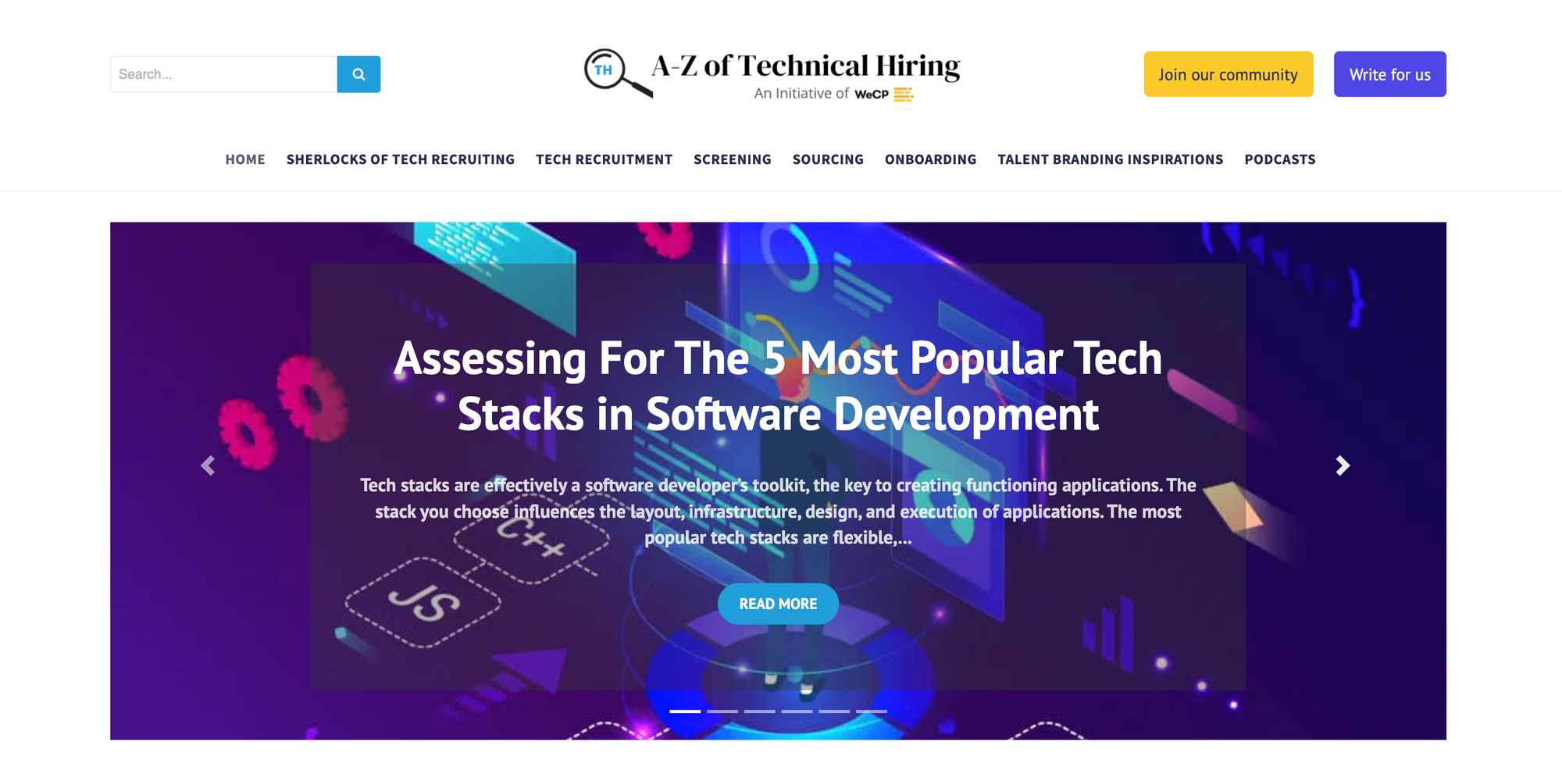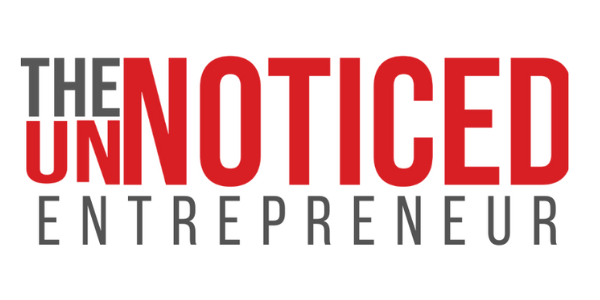How to build a brand by working with your clients.

Insights from Abhishek Kaushik of We Create Problems
Now based in San Francisco Bay Area, Abhishek Kaushik, CEO and founder of We Create Problems (WCP), has revolutionised the technical hiring landscape. The business originally started in Bangalore, India, but expanded internationally due to client needs. It was a bootstrapped, funded by customer sales.


His company, a technical hiring software platform, is making waves by streamlining the recruitment process for engineering talent. Abhishek with me on the podcast his marketing strategies, brand-building efforts, and the importance of community engagement.
Listen to the interview.
The Genesis of We Create Problems
We Create Problems, or WCP, is a platform designed to simplify the technical hiring process. "We help talent acquisition leaders screen candidates by coding assignments, projects, and technical questions, interview them face-to-face, and onboard them in one click," Abhishek explains. This comprehensive approach has attracted clients like Microsoft and other blue-chip companies, a testament to the platform's efficacy.
Building a Brand from Scratch
Starting a business without substantial marketing funds can be daunting. Abhishek and his team adopted a grassroots approach, leveraging customer referrals to build their client base.
'We asked our customers, "Why did you trust us? What do you like in us? And if you like us, can you refer us to a couple of your colleagues?" '
This strategy proved effective, with each new customer often leading to another.
The Power of Community
Recognising the importance of community, Abhishek launched technical-hiring.com, a platform for technical hiring leaders worldwide. "The objective behind building this community was to educate most of the hiring leaders to learn technical hiring," he says. Inspired by Canva 's mission to democratise design, Abhishek aims to empower recruiters to hire engineers without needing to be engineers themselves.

Addressing Market Needs
Abhishek identified a significant inefficiency in the hiring process: "Nearly 40% of the engineering hours of a company on average is spent on hiring engineers, not shipping product and not writing code." By enabling recruitment teams to handle 95% of the hiring process, WCP aims to free up engineers to focus on their core tasks, thereby reducing revenue loss and improving productivity.
Content-Driven Marketing
Content plays a crucial role in WCP' marketing strategy. Abhishek and his team delve into platforms like GitHub and Stack Overflow to understand the pain points of their target audience.
"We collated all the problems on a simple Google sheet and started writing the pinpoints and around those pinpoints we started drafting articles,"
This methodical approach has resulted in a robust blog community with over 200 articles, generating five to eight marketing qualified leads (MQLs) daily.
Leveraging Technology
WCP utilises a combination of tools to manage their marketing efforts. "We've connected LinkedIn to our HubSpot. We are running on a starter plan on HubSpot, so we don't pay a lot to HubSpot as of now," Abhishek shares. This integration allows them to efficiently capture leads and engage with potential customers through email campaigns and phone calls.
Understanding Customer Needs
A key aspect of WCP's content strategy is addressing the functional, social, and emotional needs of their target audience. For instance, a head of talent acquisition's functional need might be to fill 50 engineering positions by the end of the quarter. Socially, they seek recognition from their organisation, and emotionally, they desire a stress-free hiring process.
"We say, look, you can hire being happy. You can sleep peacefully while we hire for you."
Expanding Globally
As WCP expands its footprint to the US and UK, Abhishek emphasises the importance of effective marketing strategies.
"We have created three simple strategies in marketing: positioning, lead generation, and branding,"
By focusing on these areas, WCP aims to build a strong global presence.
Building Customer Relationships
Customer engagement is at the heart of WCP's strategy. Abhishek believes in building friendships with customers, fostering a sense of trust and collaboration.
"A good customer is a great customer when he's sharing your problems with you, without even asking"
This approach has led to customers willingly sharing their positive experiences on their social media handles, further enhancing WCP's brand.
Conclusion
Abhishek Kaushik's experience with We Create Problems offers a masterclass in effective marketing and brand building.
By focusing on customer referrals, community engagement, content-driven strategies, and understanding customer needs, WCP has successfully carved a niche in the competitive technical hiring market.
How You Can Apply This
Building strong relationships with customers is key to fostering brand loyalty and advocacy.
- Engage with Customers as Friends: Prioritize building genuine relationships with customers by treating them as friends first. This simply means sharing what's good , and bad, being reliable and also making sure to listen as much as you talk. This approach can lead to increased trust, loyalty, and willingness to advocate for your brand.
- Add Emotions to Products: Infuse emotions into your products to create a deeper connection with customers. By incorporating emotional elements, you can enhance the customer experience and strengthen their bond with your brand. Do this by avoid dull corporate language, add in humour, and have you or your own staff be in the videos for example.
- Share Your Story: Share the journey and effort behind your work with customers to evoke empathy and appreciation. By showcasing the dedication and hard work put into serving customers, you can encourage them to share their positive experiences with others.
Connect with Abhiskek Kaushik on Linkedin





